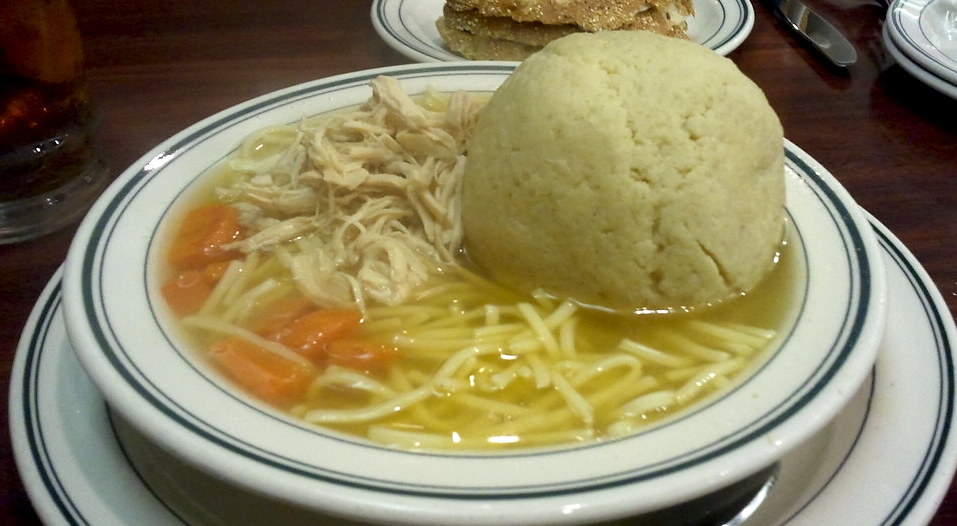
One of the more distinguishing life values which Judaism advocates is the type of food that a Jew eats. There are foods that Jews are commanded to eat such, as matzah on Pesach and continuing with Pesach, there are also forbidden foods such as leavened bread. The laws and customs regarding kosher food are numerous and complex. Perhaps no other area of Jewish life, except for the Sabbath and its laws, has evoked, over the centuries, so much scholarship and divergence of opinions regarding Halacha and practice.
There are clear lines that establish the basic rules regarding kosher food. There have been many explanations and reasons given regarding this facet of Jewish life, concerning permissible and forbidden foods. These reasons range from the mysteries of kabalistic thought to the seemingly practical ideas of good health and proper diet. But, even after all the rational explanations have been expounded upon, the laws of kosher food remain one of the great commandments of the Torah for which we have no completely rational explanation. Therefore, Kashrut belongs in the realm of Chukim — laws and commandments that we follow simply because that is will, so to speak, of our Creator. Our limited capacity of human understanding makes for the mystery behind the commandment. But the commandment itself stands, and it is binding for whatever reason we may or may not assign to it and its performance.
One thing is crystal-clear and all Jewish history attests to this commandment. The consumption of only kosher food has been one of the main contributors to the survival of Judaism and the Jewish people over the ages. It has created the necessary boundary that delineates us and our faith. By so doing, it has given us a deep realization that being a Jew relates also to the body and internal organs of a person, and not only the cerebral notion of religion that many people have.
It is very important to be a good Jew in heart and mind. But for all the unknown and unseen reasons that lie behind the survival of the Jewish people over the millennia against all odds, it is just as important, if not even more so, to be a good Jew in one’s stomach. Difficulties in maintaining proper standards in kosher food and the abandonment by many secular Jews of the entire concept of kosher food, has inevitably contributed the rates of assimilation and intermarriage of their succeeding generations. People who can eat together eventually realize they can socialize together, and the rest is obvious.
One of the great blessings of our modern time is the abundance of all types of kosher food. In Israel and in the United States there is little challenge left in having to observe the commandments of kosher food. Nevertheless, a large section of the Jewish people still has not broken the bad habit of past generations, and we are faced with numerous crises of disappointments in Jewish national life. As the Torah is our friend and protector, we should always be aware of its demands. It is for our own sake that we should do so.
Shabbat shalom,
Rabbi Berel Wein


